Europe’s Speech Police Are Coming: How the US Can Stay Free
Graham Linehan’s arrest for spicy tweets is a wake-up call—here’s how we keep the First Amendment from becoming a relic.
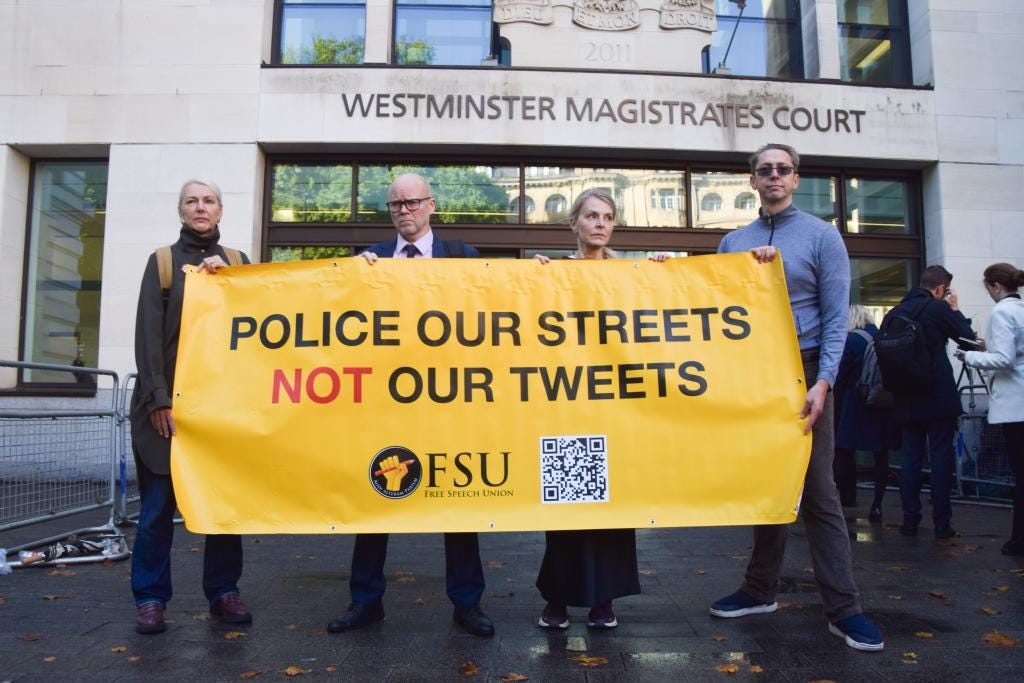
Last weekend, I was joking with my boys about some of the wild stuff you see on Social Media—memes, rants, and why we, as parents, do not allow them to have access to social media yet. That’s when I caught wind of Graham Linehan, the guy behind the series “Father Ted” and “The IT Crowd,” getting nabbed by five armed cops at Heathrow Airport over some edgy anti-trans tweets. Until I saw this, I had never heard of Linehan nor have I watched any of his shows, so I looked more into what he likes to say. I’m not offended by Linehan’s humor—it’s biting, in-your-face, and exactly the kind of comedy that thrives on pushing buttons. As a gay dad raising two kids in Woodstock, Georgia, I’ve fought for the right to live freely, and I see Linehan’s arrest as a red flag: Europe’s clamping down on free speech, and the US could be next if we don’t act. Let’s break down why this happened, how it spirals, and what policies we need to keep our right to speak—and joke—safe.
Linehan’s arrest is a clown show, but it’s no laughing matter. It’s a symptom of Europe’s slide into speech control, and the US isn’t immune. Drawing from reports on his case and the broader chill on expression, here’s why this matters, how it escalates, and what we can do to stop it before cops start hauling comedians off planes for tweets here.
Why This Matters: Comedy Shouldn’t Be a Crime
Linehan’s humor is raw—think posts like, “If a trans-identified male is in a female-only space, he is committing a violent, abusive act. Make a scene, call the cops, and if all else fails, punch him in the balls” (NY Post, 2025) It’s not everyone’s taste, but I’m not offended—it’s comedy meant to provoke, not a Molotov cocktail. Yet, UK police arrested him under the Public Order Act, claiming he was “inciting violence” after a Supreme Court ruling backed biological sex definitions in law (FEE, 2025). His audio from the arrest is pure chaos: “I’m a f–king comedian... How dare you!” he roared, before stress spiked his blood pressure, landing him in a hospital (NY Post, 2025).
This isn’t just about one loudmouth. Europe’s laws—like the UK’s Malicious Communications Act (1988), Communications Act (2003), and The Online Safety Act (2025)—target “grossly offensive” messages, giving cops a blank check to chase tweets while real crimes fester (FEE, 2025). Last year, UK police made 11,000 arrests for “offensive” online posts—30 a day—swamping officers in culture-war nonsense (FEE, 2025). Scotland’s hate-crime reports overwhelmed cops, who admitted they “cannot cope” (The Atlantic, 2025).
The US is flirting with this. Campus speech codes, deplatforming, and calls for “hate speech” bans are creeping in. Vice President Vance warned in Munich about Europe’s retreat—pointing to a silent UK pro-life protester and a Swedish Quran burner facing police action (The Atlantic, 2025). If we let vague laws take root, your next X post—or bad joke—could have you in cuffs.
If you read past my normal blog ending, you will see many examples of content that was removed based on the Online Safety Act referenced above.
How It Happens: Good Intentions, Bad Enforcement
It starts with laws meant to protect—like curbing hate or harassment—but vague terms like “offensive” or “threatening” turn cops into ideology enforcers. The UK’s Online Safety Act now bans protest footage if it “incites harm,” a fuzzy line that chills platforms like X (FEE, 2025). Selective enforcement makes it worse: a trans activist’s “punch a TERF in the fucking face” got a pass as “publicity,” while Linehan’s hypothetical jab triggered an arrest. In 2021, UK cops were victims in half of hate-crime charges, despite being a tiny fraction of cases, showing who gets the shield (The Atlantic, 2025).
It escalates when power tilts. In Germany, a neo-Nazi “trans woman” (still rocking a mustache) sues papers for “misgendering” under new laws (The Atlantic, 2025). Here, we’ve got warning signs: lawmakers pressure platforms under Section 230, and “disinformation” task forces flirt with censorship. As Evelyn Beatrice Hall (not Voltaire) put it, “I disapprove of what you say, but I will defend to the death your right to say it” (FEE, 2025). Once you let the state decide what’s “too offensive,” it’s a one-way street to control.
What Policies the US Needs: Lock Down Free Speech Now
We can stop this slide before comedians like Linehan—or you—face cuffs for a spicy post. Here’s how:
Fortify Section 230 Against Government Meddling: Platforms self-regulate, but feds nudge censorship via backchannels (e.g., post-Jan. 6, the COVID scare, etc). Pass a “Free Speech Firewall Act” banning agencies from pressuring content moderation over “hate speech.” No compliance, no funding. UK’s Met Police chief called out cops stuck in “toxic culture wars”—we don’t want that here (FEE, 2025).
Block Vague Speech Laws at the Pass: No federal “hate speech” or “incitement” expansions. Amend the Communications Decency Act to stop state laws like California’s AB 587, which demands “harmful” content reports. Stick to *Brandenburg v. Ohio* (1969): incitement needs intent for imminent lawbreaking. Linehan’s tweet was a hypothetical, not a call to arms (NY Post, 2025).
Starve Biased Enforcement: Defund “hate crime” units unless they prove equal application via public audits—no more UK-style cop-victim bias, where half of charges protect officers (The Atlantic, 2025). Mandate body cams for speech arrests and dashboards tracking case ideologies. Protect whistleblower cops refusing politicized busts.
Build State-Level Defenses: Pass “First Amendment Sanctuary” laws nullifying federal speech regs, like immigration sanctuary cities. Fund schools to teach Brandenburg and historical abuses—like the UK’s 2006 “gay horse” case (The Atlantic, 2025). Tie education grants to free-speech curricula.
Push Globally: Trump’s admin could pressure allies like the UK via trade deals to ditch hate-speech laws, spotlighting Linehan’s case. A “Global Free Speech Index” would shame nations into reform.
My unCommon Sense
I’m not offended by Linehan’s comedy—it’s the kind of raw, take-no-prisoners humor that keeps debate alive. But Europe’s speech police are a warning: good intentions to curb “hate” can handcuff free thought. Thomas Sowell would say the moral high ground of “protection” blinds us to the cost—cops playing ref in culture wars while real issues rot. For my boys, I want a US where they can crack jokes, question ideas, and not fear a knock at the door. The First Amendment’s our shield, but it’s only as strong as the policies we build around it. Let’s act before our comedians are perp-walked for a punchline.
Got thoughts on free speech or Europe’s mess? Drop me at dan@thrailkill.us or let’s grab coffee or a beer. Always down for a real chat.
Have a good one,
Dan



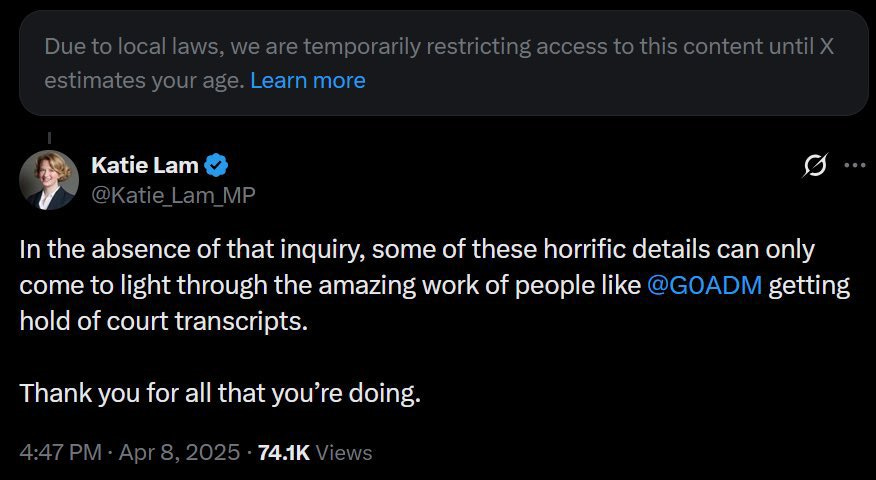
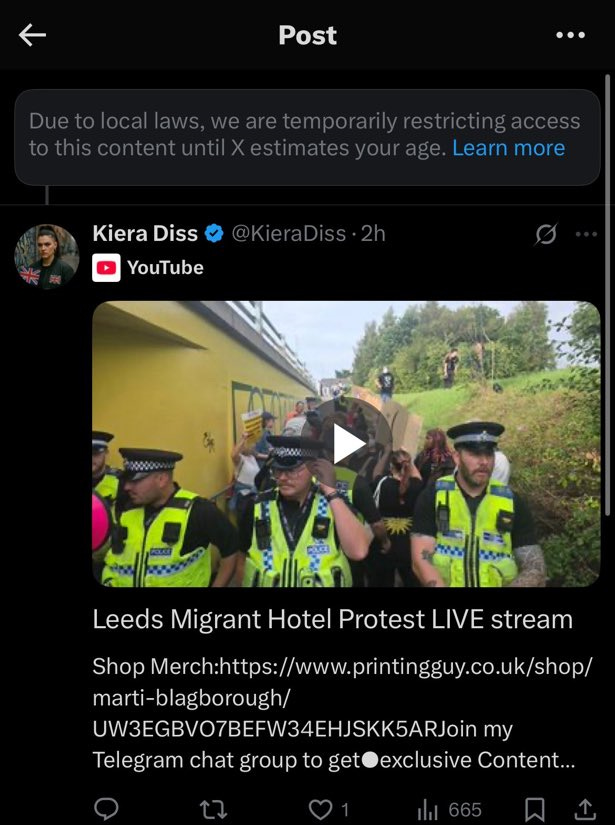
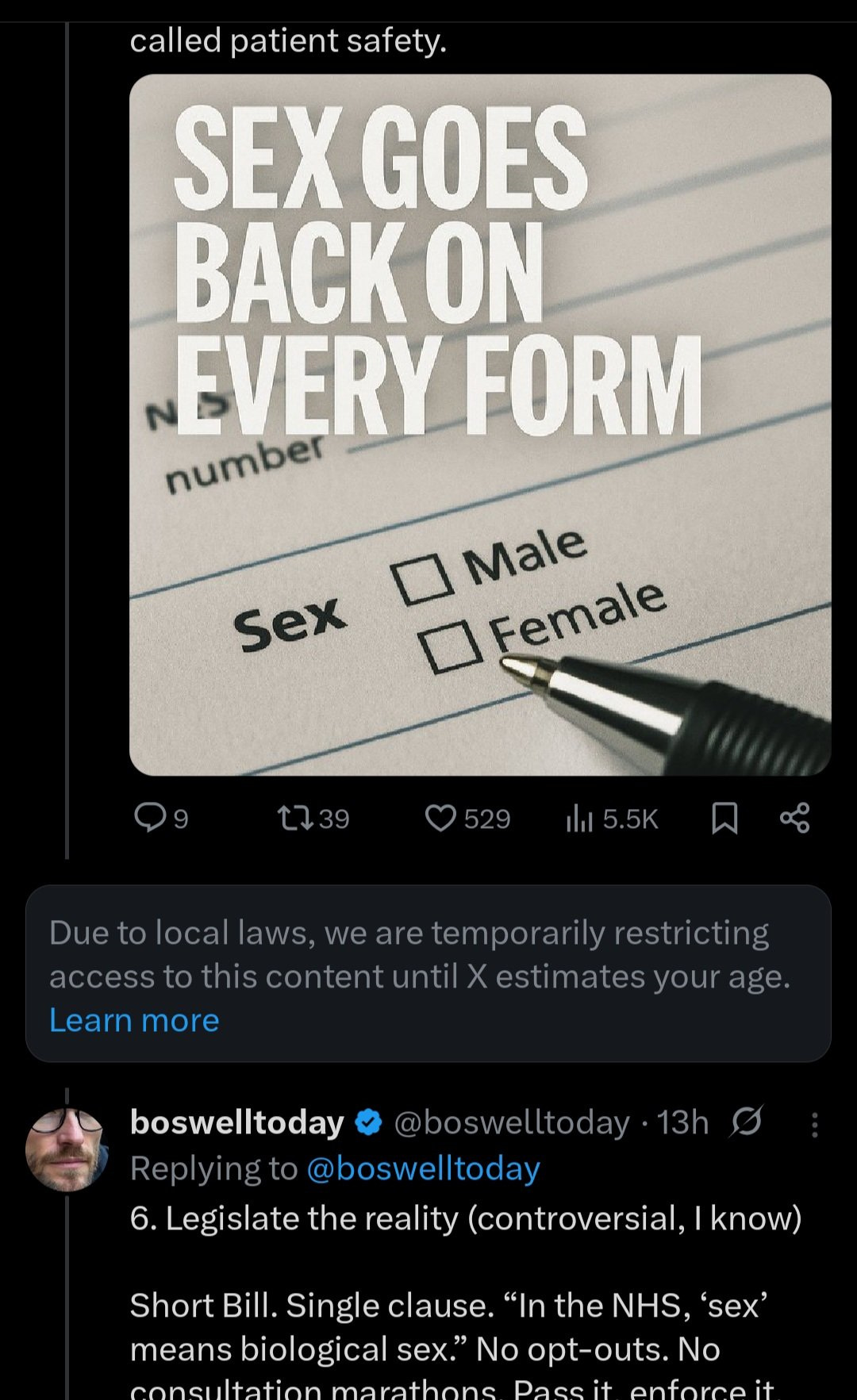
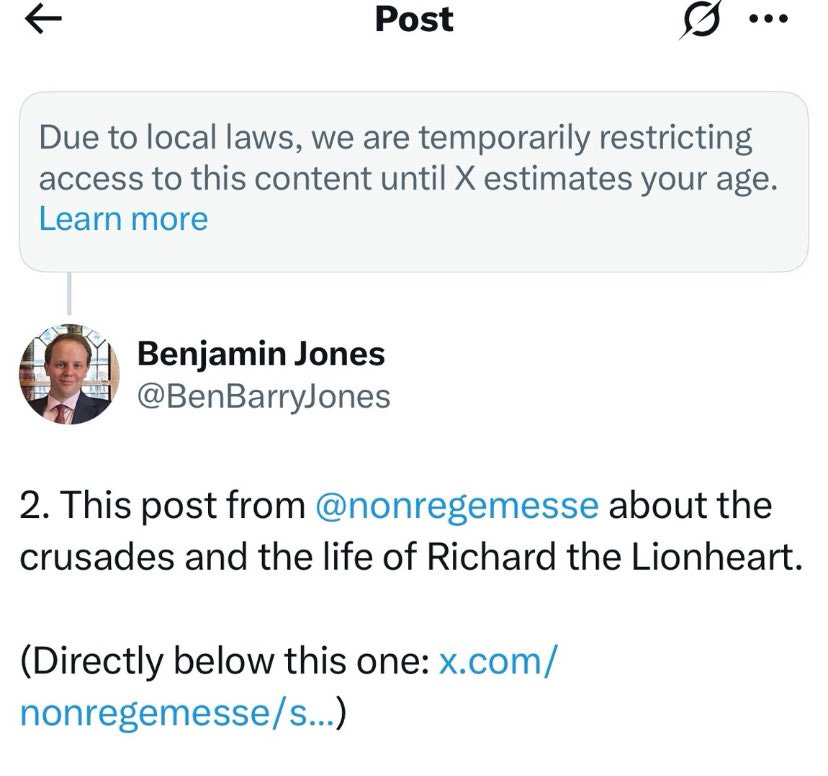
Seems like it’s already in the US. Colbert and now Kimmel. Follow the money and FCC commissioners threats….